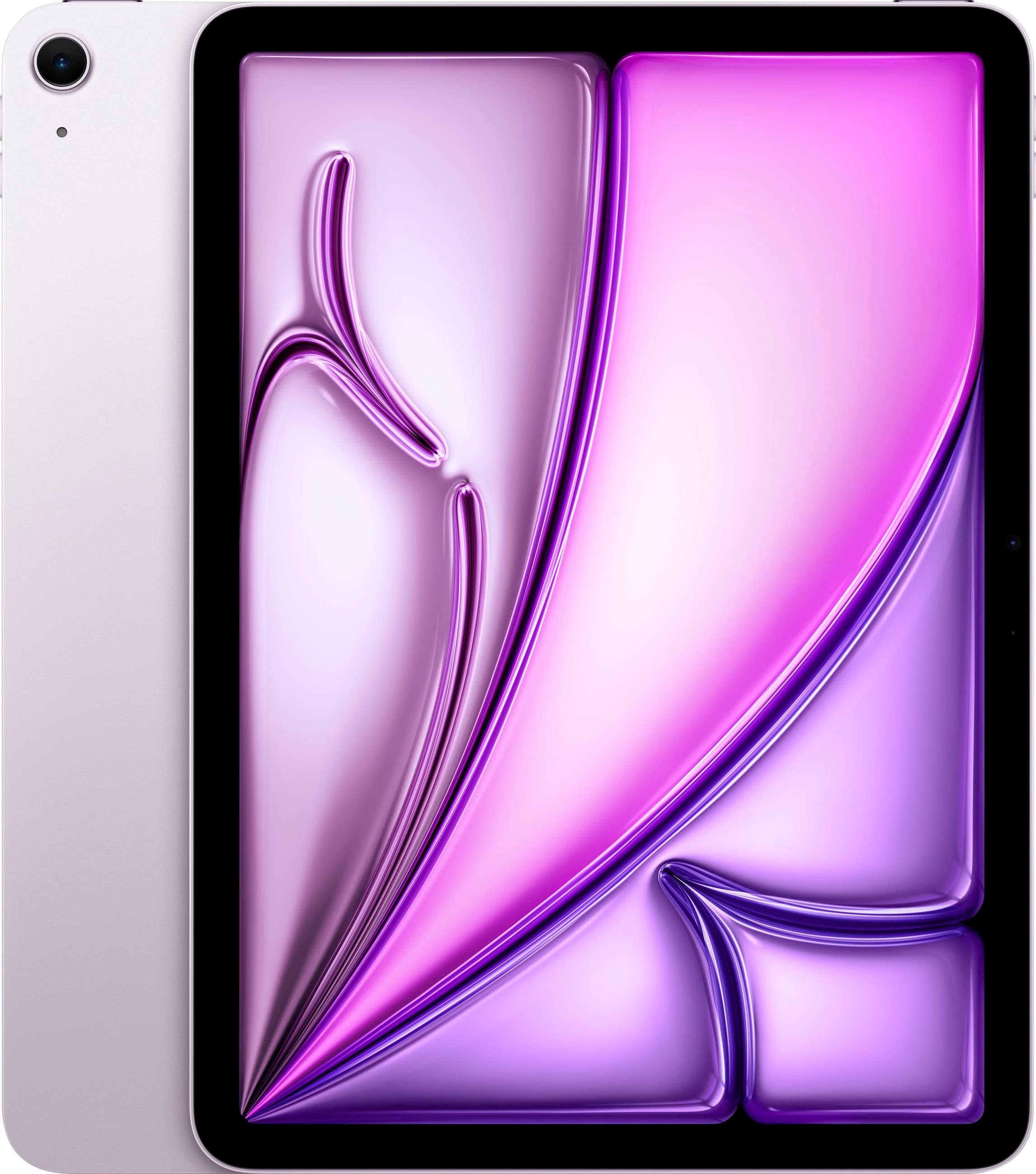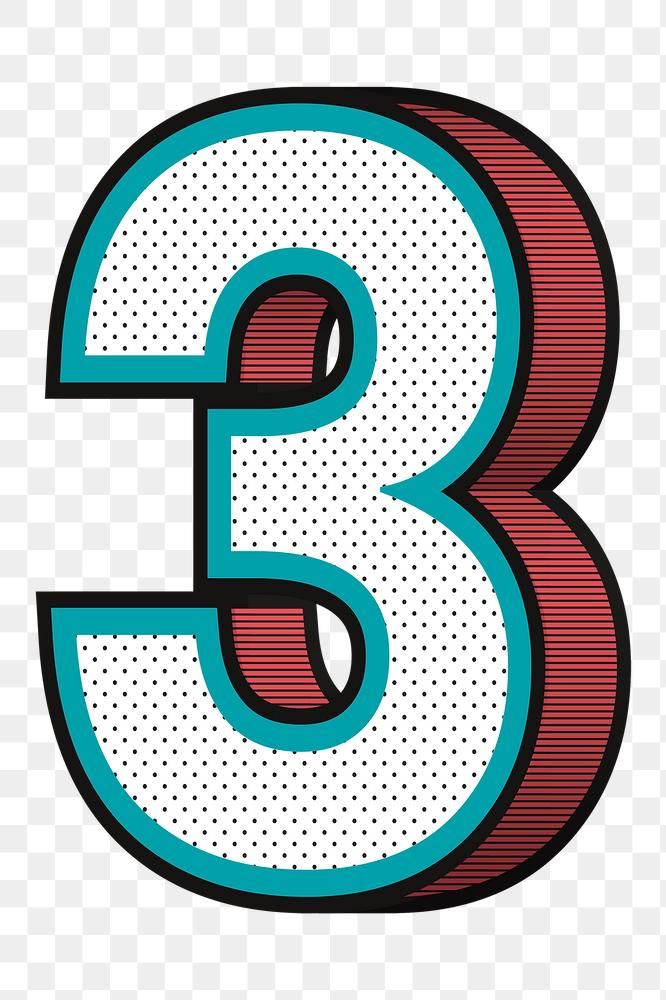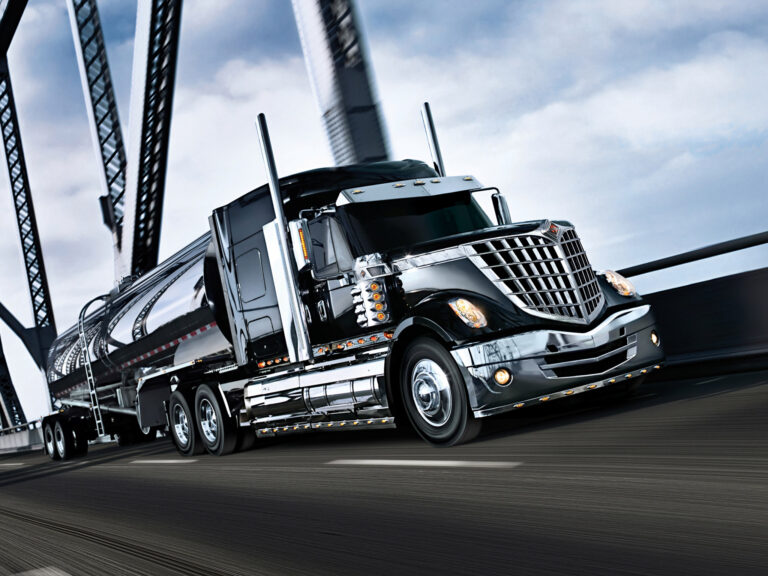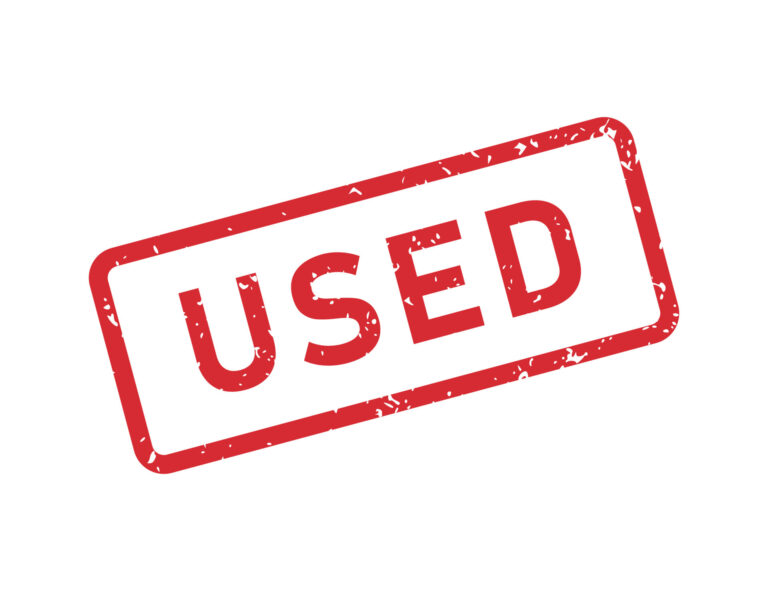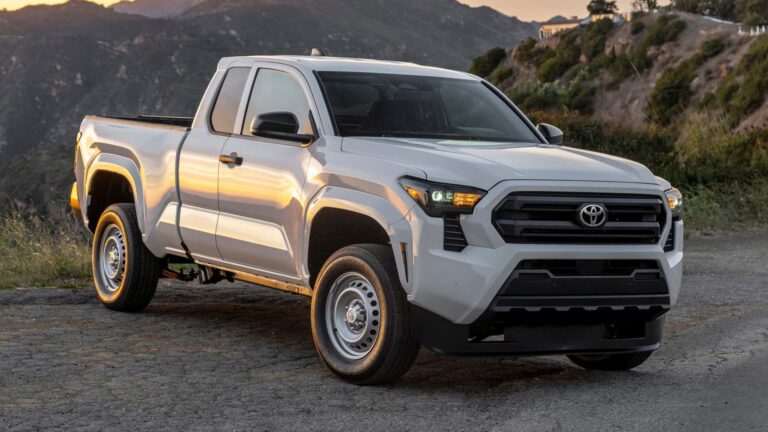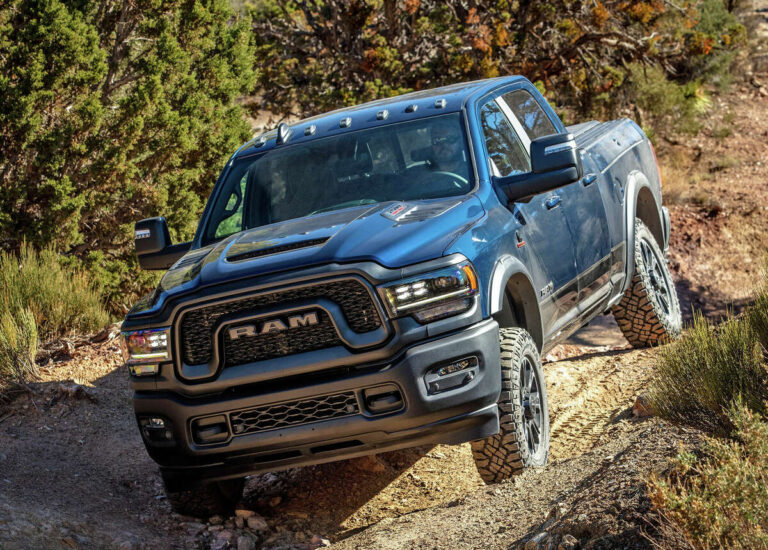Best Car Battery Brand In Malaysia: A Comprehensive Guide to Powering Your Ride
Best Car Battery Brand In Malaysia: A Comprehensive Guide to Powering Your Ride cars.truckstrend.com
The heart of every vehicle is its battery. It’s the silent workhorse that provides the initial surge of power to start your engine, runs your vehicle’s electrical systems when the engine is off, and stabilizes voltage while you drive. In Malaysia’s challenging climate, where high temperatures can accelerate battery degradation, choosing the best car battery brand in Malaysia isn’t just about convenience – it’s about ensuring reliability, safety, and peace of mind on the road.
Navigating the multitude of brands and battery types available can be daunting. This comprehensive guide aims to demystify the process, helping you understand what makes a battery great, which brands stand out, and how to make an informed decision for your specific vehicle and driving needs.
Best Car Battery Brand In Malaysia: A Comprehensive Guide to Powering Your Ride
Understanding Car Batteries: Types and Technology
Before diving into specific brands, it’s crucial to understand the different types of car batteries commonly found in Malaysia, as each has distinct characteristics, advantages, and ideal applications.
-
Flooded Lead-Acid Batteries (Wet Cell):
- Description: These are the most traditional and affordable batteries. They contain liquid electrolyte (a mixture of sulfuric acid and water) that covers lead plates. They typically have removable caps for checking and topping up water levels.
- Pros: Cost-effective, widely available, proven technology.
- Cons: Require periodic maintenance (checking water levels), susceptible to vibration damage, can spill acid, slower charging.
- Relevance in Malaysia: Still very common, especially in older or more budget-conscious vehicles. High temperatures can cause water evaporation, so maintenance is critical.

-
Maintenance-Free (MF) Lead-Acid Batteries:
- Description: A sealed version of the flooded battery, designed so that the electrolyte does not need to be topped up throughout its lifespan. They use a calcium-alloyed grid which reduces water loss.
- Pros: No maintenance required, sealed (less risk of spillage), generally more resistant to vibration.
- Cons: Can be more expensive than flooded batteries, still susceptible to internal damage from extreme heat or overcharging.
- Relevance in Malaysia: Extremely popular due to convenience. Most new cars come with MF batteries.

-
Enhanced Flooded Battery (EFB):
- Description: A step up from standard MF batteries, EFBs are designed for vehicles with basic Start-Stop systems and higher electrical demands. They feature improved cycling performance and charge acceptance compared to standard lead-acid batteries.
- Pros: Better suited for frequent engine starts/stops, improved durability, good value for vehicles with mild start-stop functions.
- Cons: Not as robust as AGM for advanced Start-Stop or high-demand applications.
- Relevance in Malaysia: Increasingly found in newer, mid-range vehicles with simple Start-Stop features.
-
Absorbed Glass Mat (AGM) Batteries:
- Description: In an AGM battery, the electrolyte is absorbed into fiberglass mats between the plates, making it completely sealed and spill-proof. This design allows for more efficient power delivery and superior cycling performance.
- Pros: Excellent for vehicles with advanced Start-Stop systems, regenerative braking, and high electrical loads. Highly vibration-resistant, deep cycle capabilities, faster charging, longer lifespan (generally).
- Cons: Significantly more expensive, sensitive to overcharging (requires a specific charging profile).
- Relevance in Malaysia: Essential for modern premium cars with complex electrical systems and advanced Start-Stop technology. Many European car brands specifically require AGM batteries.

Key Factors to Consider When Choosing a Car Battery
Selecting the best car battery brand in Malaysia involves more than just picking a familiar name. Here are the crucial factors to weigh:
-
Battery Size and Group Size: This is paramount. Batteries come in various physical dimensions and terminal placements (e.g., NS60, DIN75, 36B20L). Your car’s battery tray is designed for a specific size. Always refer to your car’s owner’s manual or check the existing battery’s label. Incorrect sizing can lead to poor fit, vibration, and even short circuits.
-
Cold Cranking Amps (CCA): CCA indicates the battery’s ability to start an engine in cold temperatures. While Malaysia doesn’t experience extreme cold, a higher CCA still signifies stronger starting power. It represents the number of amps a battery can deliver for 30 seconds at 0°F (-18°C) while maintaining a voltage of at least 7.2 volts. For Malaysia’s climate, a robust CCA ensures reliable starts even with a demanding electrical system.
-
Reserve Capacity (RC): RC measures how long a fully charged battery can power essential accessories (like headlights or wipers) if the alternator fails, typically at a constant discharge of 25 amps. A higher RC means more time to get help before the battery dies completely.
-
Warranty: A good warranty reflects a manufacturer’s confidence in their product. In Malaysia, warranties for car batteries typically range from 6 to 18 months, with premium brands often offering longer periods. Understand the terms and conditions, including pro-rata clauses.
-
Brand Reputation and Reliability: This is where specific brands come into play. A reputable brand is more likely to offer consistent quality, better performance, and reliable after-sales support. Reviews from other Malaysian car owners can be very insightful here.
-
Price vs. Performance (Value for Money): While it’s tempting to go for the cheapest option, a slightly higher investment in a quality battery often translates to longer life and fewer headaches. Balance your budget with the battery’s specifications and expected lifespan.
-
Maintenance Needs: Do you prefer a "set it and forget it" solution (MF, EFB, AGM) or are you comfortable with occasional checks and top-ups (flooded)?
-
Vehicle Specific Requirements: Modern cars, especially those with Start-Stop systems (even mild ones), require batteries designed for higher cycling. Using a standard MF battery in a car that needs EFB or AGM will significantly shorten the battery’s life and could impact vehicle electronics. Always adhere to the manufacturer’s recommendations.
Top Car Battery Brands in Malaysia
Based on popularity, reliability, performance, and availability, here are some of the best car battery brands in Malaysia that consistently earn high marks:
-
Century Batteries:
- Reputation: A household name in Malaysia, Century is renowned for its reliability and value. They offer a wide range of batteries for various vehicle types, from standard passenger cars to commercial vehicles.
- Strengths: Excellent all-rounder, durable in Malaysian heat, good CCA performance, widely available, competitive pricing. Their MF (Maintenance Free) line is particularly popular.
- Target Audience: General motorists seeking reliable performance and good value.
-
Varta Batteries:
- Reputation: A premium European brand (owned by Clarios, formerly Johnson Controls), Varta is often chosen by European car manufacturers as OEM (Original Equipment Manufacturer) batteries.
- Strengths: High quality, superior performance, excellent for modern vehicles with Start-Stop systems (Blue Dynamic EFB, Silver Dynamic AGM), long lifespan, consistent power delivery.
- Target Audience: Owners of European cars (BMW, Mercedes-Benz, Audi, Volkswagen), and those seeking top-tier performance and reliability for advanced vehicles.
-
Bosch Batteries:
- Reputation: Bosch is a global automotive giant, and their batteries live up to their reputation for German engineering and quality.
- Strengths: Wide range of products including MF, EFB, and AGM batteries. Known for robust construction, good starting power, and reliable performance across various car models. Good balance of quality and price.
- Target Audience: Drivers looking for a globally recognized brand with reliable performance, suitable for a broad spectrum of vehicles.
-
Ammaron Batteries:
- Reputation: Hailing from India, Amaron has gained significant traction in Malaysia for its long-lasting batteries, often touted with "zero-maintenance" claims.
- Strengths: Known for their long lifespan due to patented "Silver Alloy Technology," high CCA ratings, and robust performance even in hot climates. Often seen as a premium choice without the European price tag.
- Target Audience: Drivers seeking exceptional longevity and reliability, particularly popular among those who value extended battery life.
-
Yuasa Batteries:
- Reputation: A Japanese brand with a long history in battery manufacturing, Yuasa is known for its consistent quality and dependable performance.
- Strengths: Reliable starting power, good lifespan, wide range of applications, strong presence in both automotive and motorcycle batteries. A solid, no-nonsense choice.
- Target Audience: General motorists looking for a trusted Japanese brand with proven reliability.
-
Motolite Batteries:
- Reputation: From the Philippines, Motolite offers a strong balance of performance and affordability.
- Strengths: Good value for money, reliable performance, particularly their maintenance-free range. Widely available in workshops.
- Target Audience: Budget-conscious drivers who still want a reliable and durable battery.
Tips for Extending Car Battery Life
Even the best car battery brand in Malaysia won’t last if not properly cared for.
Here’s how to maximize its lifespan:
- Regular Checks: For flooded batteries, check electrolyte levels every few months and top up with distilled water.
- Keep Terminals Clean: Corrosion (white or bluish powder) on terminals can impede current flow. Clean them with a wire brush and a mixture of baking soda and water. Apply dielectric grease or anti-corrosion spray.
- Secure Mounting: Ensure the battery is securely clamped in its tray. Vibrations can damage internal components.
- Avoid Short Trips: Frequent short drives (less than 20 minutes) don’t allow the alternator enough time to fully recharge the battery, leading to gradual discharge and sulphation.
- Turn Off Accessories: Before turning off the engine, ensure all lights, radio, and air conditioning are off to prevent unnecessary drain on startup.
- Regular Driving: If your car sits idle for extended periods, consider using a trickle charger or driving it for at least 30 minutes once a week to keep the battery charged.
- Check Alternator: A failing alternator can undercharge or overcharge your battery, significantly shortening its life. Have your charging system checked regularly.
Common Battery Problems & Solutions
- Dead Battery (Won’t Start):
- Cause: Battery discharged, faulty alternator, parasitic drain.
- Solution: Jump-start the car. If it starts, drive for a while to recharge. If it dies again, check the alternator or battery health. If jump-starting fails, the battery might be completely dead and needs replacement.
- Slow Cranking:
- Cause: Low battery charge, failing battery cells, corroded terminals.
- Solution: Check battery terminals for corrosion and clean them. Test battery voltage. If low, charge it or consider replacement.
- Corrosion on Terminals:
- Cause: Chemical reaction, overcharging, battery leakage.
- Solution: Disconnect terminals (negative first), clean with a baking soda/water paste and wire brush. Reconnect (positive first) and apply anti-corrosion spray.
- Swollen Battery Case:
- Cause: Overcharging, internal short circuit, extreme heat.
- Solution: This is a dangerous sign. Do NOT attempt to charge or jump-start. The battery is likely compromised and needs immediate replacement by a professional.
- Battery Light On Dashboard:
- Cause: Usually indicates an issue with the charging system (alternator, voltage regulator) rather than the battery itself, though a dying battery can sometimes trigger it.
- Solution: Get the charging system and battery tested by a mechanic.
Practical Advice and Actionable Insights
- Know Your Battery Specifications: Before purchasing, always confirm the correct battery group size, CCA, and RC for your vehicle from the owner’s manual or by checking the existing battery.
- Professional Installation: While some DIY enthusiasts might replace batteries themselves, it’s safer and often recommended to have it done by a professional. Modern cars can lose memory settings or experience electrical issues if the battery is disconnected improperly. Many workshops offer free installation with purchase.
- Authorized Dealers vs. Workshops: Buy from reputable sources – authorized dealers, established workshops, or well-known automotive parts stores. Avoid questionable sellers to prevent counterfeit products.
- Recycle Old Batteries: Car batteries contain hazardous materials. Always return your old battery to the retailer or a designated recycling center. They often offer a rebate or discount for the old battery.
Car Battery Price Table (Estimated for Malaysia)
Note: Prices are highly variable based on brand, battery type (MF/EFB/AGM), specific model, CCA rating, retailer, and location. These are estimated ranges for common battery sizes in Malaysia as of late 2023 / early 2024. Always get a specific quote.
| Brand | Type | Common Size (Example) | CCA Range (Approx.) | Estimated Price Range (RM) | Key Feature/Benefit |
|---|---|---|---|---|---|
| Century | MF | NS60L (Myvi, Vios) | 400-450 | RM 180 – RM 250 | Reliable, good value, widely available |
| MF | DIN65 (Civic, Mazda 3) | 550-600 | RM 280 – RM 380 | Strong performance for mid-sized cars | |
| Varta | MF | NS60L | 450-480 | RM 220 – RM 300 | Premium quality, reliable for standard vehicles |
| EFB | Q85 (Mazda Skyactiv) | 650-700 | RM 400 – RM 550 | Excellent for basic Start-Stop systems | |
| AGM | H5/LN2 (Merc A-Class) | 600-680 | RM 600 – RM 800+ | Superior for advanced Start-Stop & high demand | |
| Bosch | MF | NS70L (CRV, Accord) | 500-550 | RM 250 – RM 350 | German engineering, consistent performance |
| AGM | LN3 (BMW 3 Series) | 700-760 | RM 700 – RM 900+ | High-end performance for luxury & high-tech cars | |
| Ammaron | MF | NS60L | 450-480 | RM 200 – RM 280 | Long lifespan, high CCA, "Silver Alloy" technology |
| MF | DIN75 (Passat, C-Class) | 680-720 | RM 450 – RM 600 | Exceptional durability for European cars | |
| Yuasa | MF | NS40ZL (Axia, Bezza) | 300-350 | RM 160 – RM 220 | Reliable, compact, good for smaller cars |
| MF | 55D23L (Proton X70) | 500-550 | RM 280 – RM 380 | Dependable for common Japanese/Malaysian vehicles | |
| Motolite | MF | NS60L | 400-450 | RM 170 – RM 240 | Good value, widely available, solid performance |
Prices are estimates and subject to change without notice. Always verify with your chosen retailer.
Frequently Asked Questions (FAQ) about Car Batteries in Malaysia
Q1: How long do car batteries typically last in Malaysia?
A1: In Malaysia’s hot climate, car batteries generally last between 1.5 to 3 years. Premium brands or AGM batteries might last longer (3-5 years), but heat accelerates degradation compared to cooler climates.
Q2: Can I replace my car battery myself?
A2: For older, simpler cars, yes, but for modern vehicles with complex electronics, it’s often best to have a professional do it. Improper disconnection can lead to loss of vehicle memory settings (radio codes, ECU data) or even damage to sensitive electronics.
Q3: What’s the difference between CCA and RC?
A3: CCA (Cold Cranking Amps) measures the battery’s ability to deliver a burst of power for starting. RC (Reserve Capacity) measures how long the battery can sustain essential electrical loads if the alternator fails. Both are indicators of battery performance, but for different scenarios.
Q4: Is a higher CCA always better?
A4: While higher CCA indicates more starting power, it’s only necessary up to your car’s manufacturer’s recommendation. Excessively high CCA beyond what’s needed won’t necessarily extend battery life and might just cost more. However, in Malaysia’s heat, a slightly higher CCA than minimum can offer a buffer against performance loss.
Q5: Do I need an AGM battery for my car?
A5: You need an AGM battery if your car has an advanced Start-Stop system, regenerative braking, or a very high electrical load (e.g., luxury cars with many electronic features). Check your owner’s manual or the existing battery type. Using a non-AGM battery in a car that requires AGM will significantly shorten the battery’s lifespan and can cause system malfunctions.
Q6: What are the signs of a dying car battery?
A6: Common signs include slow engine cranking, dimming headlights when the engine is off or at idle, the "check battery" light on the dashboard, frequent need for jump-starts, and visible corrosion or swelling on the battery case.
Q7: Where can I dispose of my old car battery in Malaysia?
A7: Most car workshops and battery retailers in Malaysia will accept your old battery for recycling, often offering a small rebate or discount on your new purchase. This ensures proper and environmentally friendly disposal of hazardous materials.
Concluding Summary
Choosing the best car battery brand in Malaysia is a critical decision for any car owner. It’s not a one-size-fits-all answer, as the "best" depends on your vehicle’s specific requirements, your driving habits, and your budget. By understanding the different battery types, key performance indicators like CCA and RC, and the reputation of leading brands like Century, Varta, Bosch, Amaron, and Yuasa, you are well-equipped to make an informed choice.
Remember, a quality battery from a reputable best car battery brand in Malaysia is an investment in your vehicle’s reliability and your peace of mind. Combine this choice with diligent maintenance, and you’ll ensure your car starts reliably every time, no matter the Malaysian heat. Drive safe!
